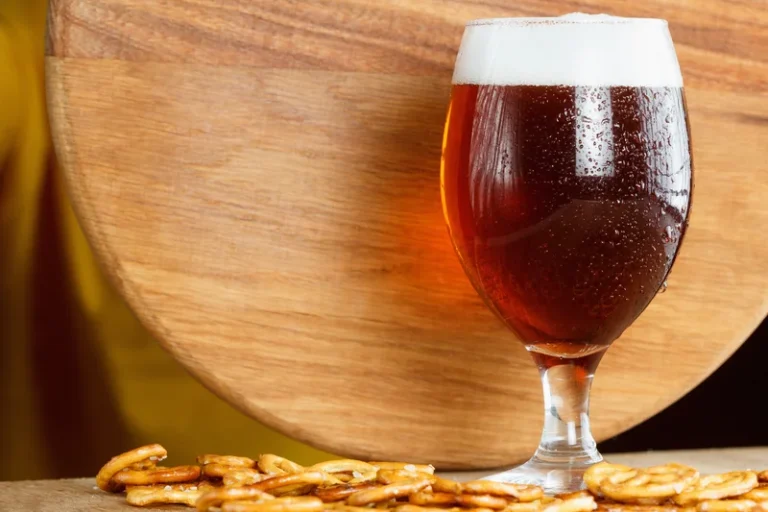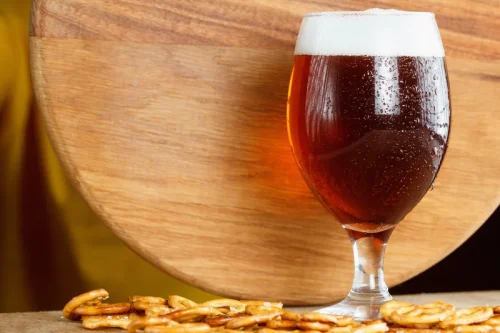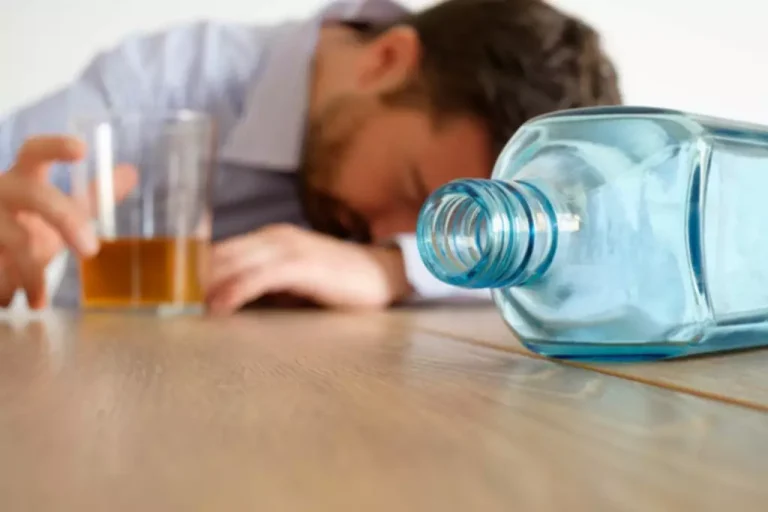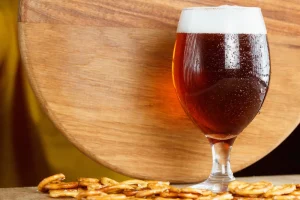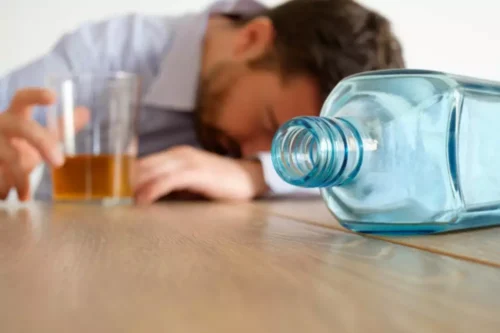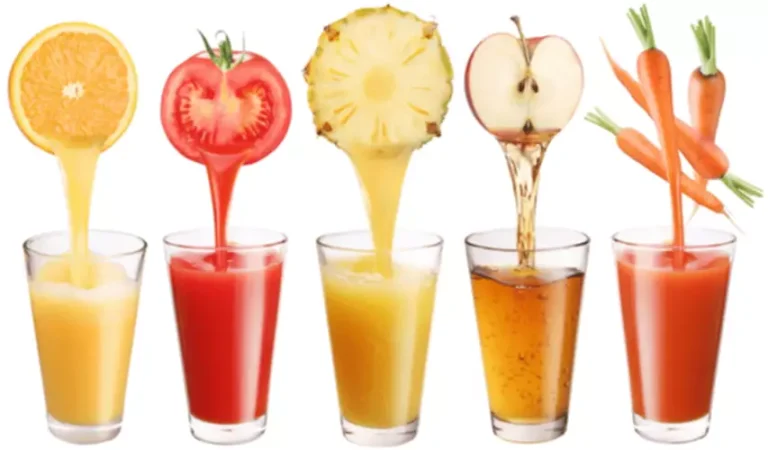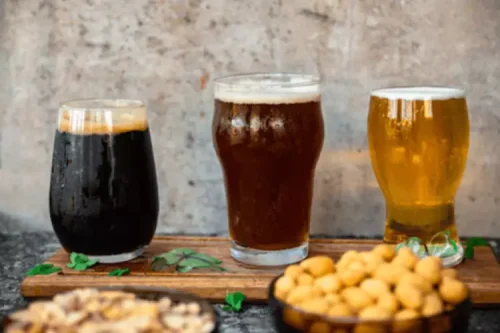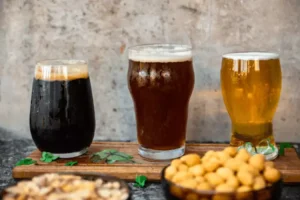History + Mission Harbor House
We provide HIV, Hepatitis C, and STI testing and counseling; a healthy meals program; syringe and Harbor House naloxone distribution; and an array of education, navigation, and support services. When the only option for women who had been designated a danger to themselves or others due to substance use disorders needed a community-based treatment option as an alternative to incarceration, we were there to offer a solution. We have always stood on the front lines, ready to identify and address the unmet needs in our community. Ready to help individuals and families with nowhere else to go find their way home. In order to help each individual or family succeed, we offer evidence-based services with a proven record of success like motivational interviewing and peer support to help our clients stabilize their lives and find their way home.
Administrative Coordinator jobs
Visit our website to learn more about the benefits we offer and to view our open positions. Harbor House is a Boston-based nonprofit organization dedicated to helping individuals and families who are homeless and may have substance use disorders, often accompanied by chronic health issues like HIV/AIDS, Hepatitis C and mental illness. Providing a welcoming environment, our compassionate and inspiring team is committed to helping them regain their health and restore their hope through immediate access to safe and stable housing.
House the person
- It’s a “housing first” approach that includes stabilization services, emergency shelter, transitional and permanent housing, and case management.
- When the only option for women who had been designated a danger to themselves or others due to substance use disorders needed a community-based treatment option as an alternative to incarceration, we were there to offer a solution.
- We are committed to providing opportunities for people with lived experience to develop the skills and experience they need to achieve their career goals.
- Join Harbor House’ team of over 200 dedicated and compassionate employees who are committed to helping our community’s most vulnerable individuals and families.
- Thousands turn to us yearly for shelter, sustenance, recovery, care, and professional, compassionate support.
We used what we learned from being the first to develop successful service models we could share with other organizations. At Harbor House, we value your time, both at work and in your personal life, ensuring you have the resources and support you need to thrive. We follow a low-barrier housing-first clinically driven approach to guide clients towards health and safety.
Massachusetts Department of Public Health
Harbor House has helped individuals and families in crisis for over 45 years. Thousands turn to us yearly for shelter, sustenance, recovery, care, and professional, compassionate support. Most struggle with substance use and mental health, and many live with HIV/AIDS. When other organizations will not or cannot take them in, we do.At Harbor House, we don’t judge. Employing a harm-reduction model that uses facilitative rather than coercive methods, we meet people where they are with individualized services that focus on their strengths and support them in making life-sustaining decisions.
For many, Harbor House represents the last possibility for hope and the first chance for sustained success in their battles with addiction or illness. We provide individuals and their families with the education, tools, and ongoing support they need to help them regain their health, prevent and manage relapse, and maximize their independence. The individuals and families we serve are homeless or precariously housed —but their challenges are even more complicated. The great majority have histories of trauma, chronic substance use, and mental health issues.
Almost half live with HIV/AIDS, Hepatitis C, and/or other chronic health conditions. Last year, 4,775 people turn to Harbor House for shelter, sustenance, recovery, care, and professional, compassionate support. Our team of more than 200 staff across 19 programs works with people to develop and execute creative, safe solutions to the very real challenges they face. On the streets, at our Boston Living Center, and across programs, we work to prevent chronic conditions and overdoses.
We are excited to bring you the latest issue of Harbor House’ print newsletter, The Doorway! The Fall edition is packed with inspiring stories and messages of resilience, generosity, and hope from our clients, staff, and supporters who are transforming lives and strengthening our communities. These benefits are adjusted based on full-time or part-time status, and vacation time increases with length of employment. Harbor House operates various programs throughout Boston, all built on our strongly held belief that no person who is struggling should be asked to do the hardest thing first, on their own, before they are offered the fundamental support they truly need. People’s success ultimately depends on their own belief in themselves and their future. We focus on what a person is doing “well,” with a nurturing effect that fosters continued effort from the first steps toward progress and growth.

